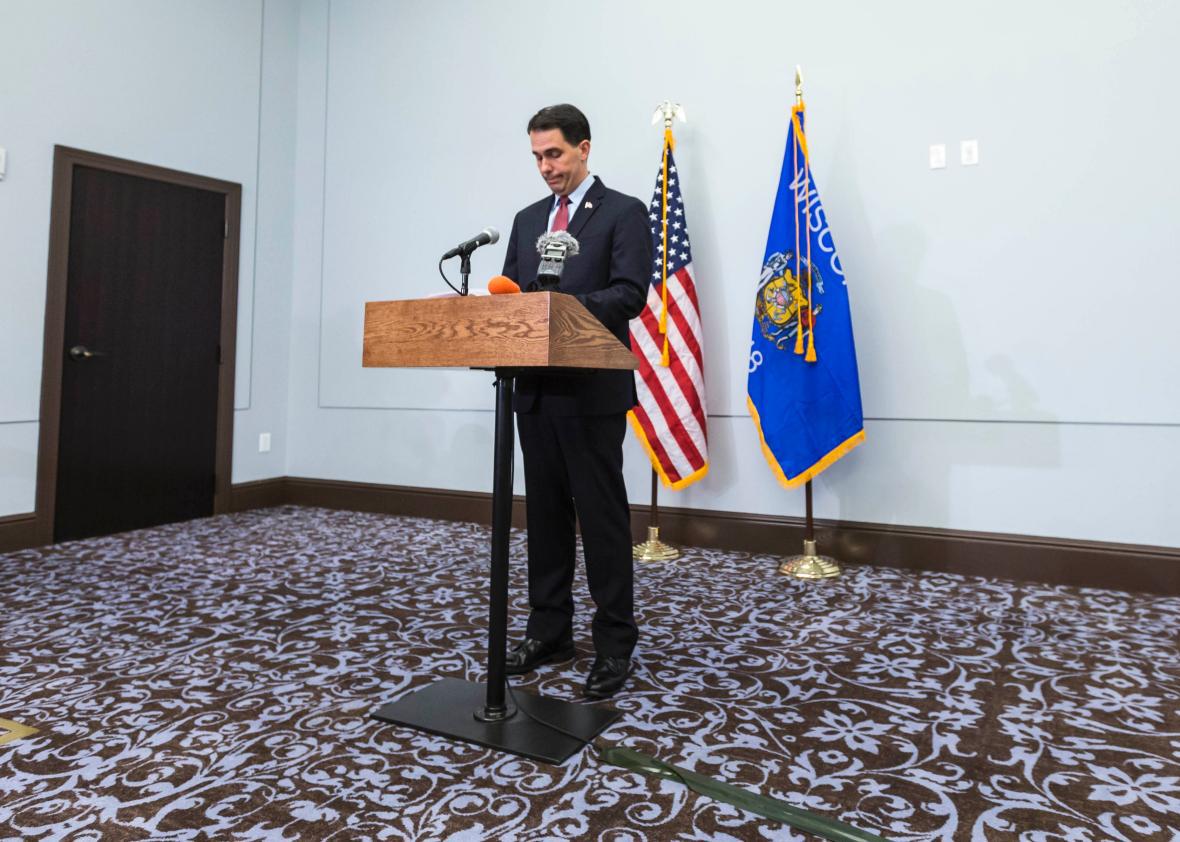On Monday, the U.S. Court of Appeals for the 7th Circuit refused to block a lower court decision invalidating large chunks of Wisconsin’s Republican-sponsored voting restrictions. The ruling effectively ensures that Wisconsin’s most burdensome new voting laws will not be in effect during the 2016 election, unless the Supreme Court intervenes—an extremely remote possibility. With this denial, the 7th Circuit joins a growing list of federal courts that are willing to question the impact of voting restrictions on minorities’ constitutionally protected right to vote.
The 7th Circuit’s refusal to stay the lower court’s ruling is especially remarkable in light of that decision’s broad holding. In his ruling, U.S. District Judge James D. Peterson barred Wisconsin from enforcing a significant rollback on early voting—especially on days favored by black voters—along with more stringent components of the voter ID provision. Peterson found that these measures placed an undue burden on citizens’ right to vote and violated the First, 14th, and 15th amendments, as well as the Voting Rights Act. He also found that a Wisconsin law that slashed hours for in-person absentee voting intentionally discriminated on the basis of race, a serious charge against the state Legislature. In one startling passage, Peterson slammed Republican legislators for their “preoccupation with mostly phantom election fraud,” an obsession that “leads to real incidents of disenfranchisement, which undermine rather than enhance confidence in elections, particularly in minority communities.”
Earlier this month, the same panel of judges that refused to stay Peterson’s ruling agreed to stay a different judge’s decision softening other elements of Wisconsin’s voter ID requirements. The order would have allowed voters unduly burdened by the law to sign an affidavit instead of presenting ID. In its ruling, the 7th Circuit found that the district court hadn’t differentiated between individuals for whom the ID requirement presents a “substantial obstacle to voting” and those who could easily get an ID but don’t want to “make the effort.”
As election law expert Rick Hasen notes, the same panel’s willingness to let Peterson’s ruling stand is rather revealing. Even for these conservative-leaning judges, it seems, Wisconsin’s race-based early voting cuts go beyond the pale. And thanks to their willingness to peer beyond the Legislature’s laughably pretextual justifications for disenfranchisement, thousands more Wisconsin voters will be able to cast their ballots this November.
